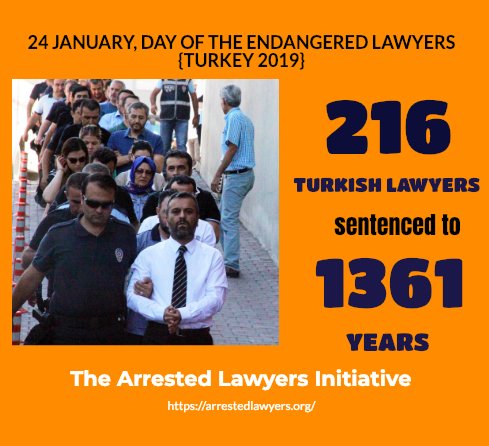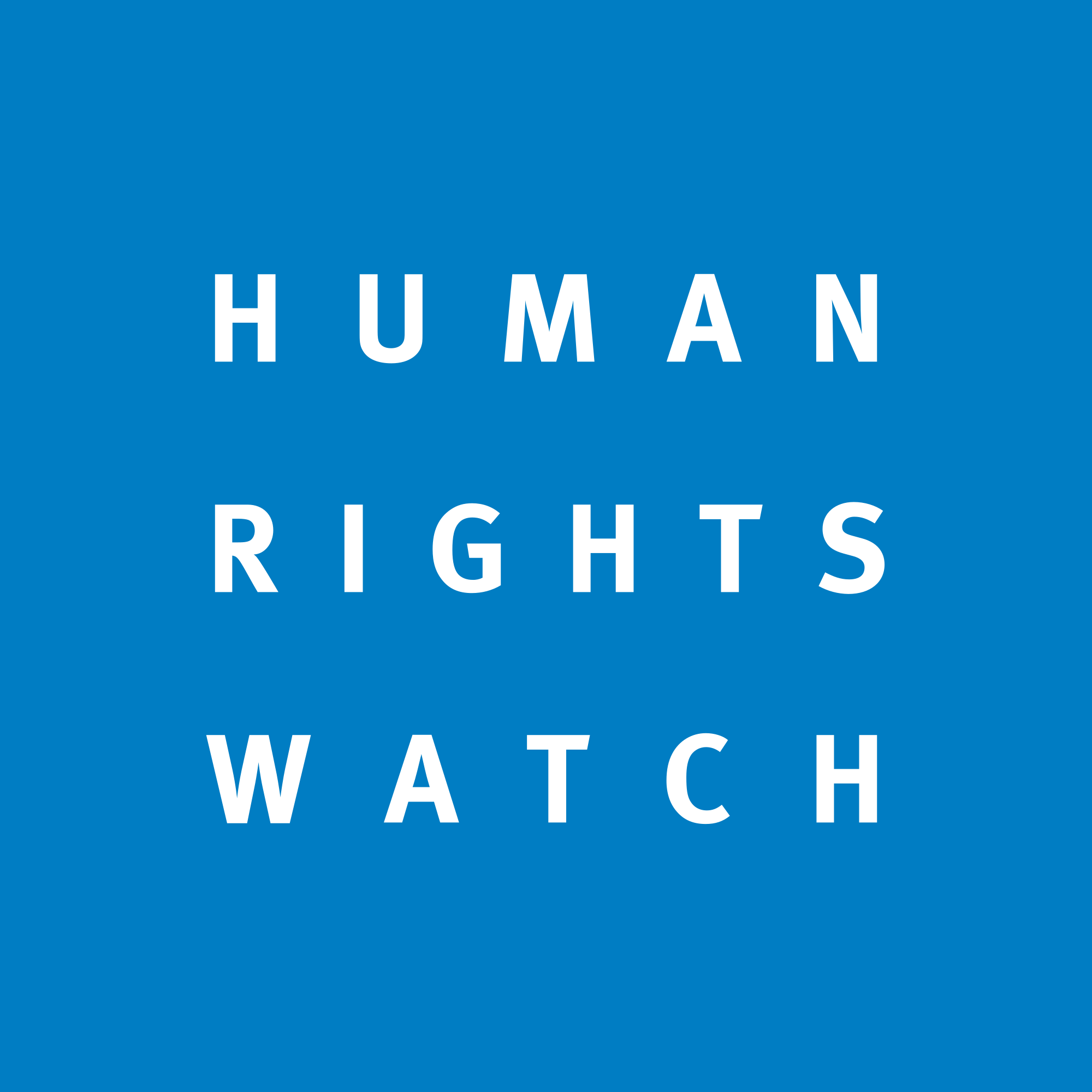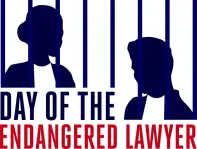January 17, 2019

Iranian authorities carried out arbitrary mass arrests and serious due process violations during 2018 in response to protests across the country over deteriorating economic conditions, perceptions of corruption, and the lack of political and social freedoms, Human Rights Watch said today in its World Report 2019. Authorities tightened their grip on peaceful activism, detaining lawyers, human rights defenders, and women’s rights activists.
Since January 24, the Islamic Revolutionary Guard Corps (IRGC) Intelligence Organization has detained eight environment activists – Taher Ghadirian, Niloufar Bayani, Amirhossein Khaleghi, Houman Jokar, Sam Rajabi, Sepideh Kashani, Morad Tahbaz, and Abdolreza Kouhpayeh – accusing them – but providing no evidence – of using environmental projects as a cover to collect classified strategic information. Four are reportedly facing a capital charge. On February 10, the family of Kavous Seyed Emami, a well-known Iranian-Canadian environmentalist and professor reported that he had died in detention. Authorities claimed he committed suicide, but they have not conducted an impartial investigation.
“Iranian leaders blame the world for their problems, but don’t look in the mirror to reflect on how their own systematic repression contributes to Iranians’ frustration,” said Sarah Leah Whitson, Middle East and North Africa director at Human Rights Watch. “Iran’s security apparatus and its repressive, unaccountable judiciary are serious obstacles to respect for and protection of human rights.”
In the 674-page World Report 2019, its 29th edition, Human Rights Watch reviewed human rights practices in more than 100 countries. In his introductory essay, Executive Director Kenneth Roth says that the populists spreading hatred and intolerance in many countries are spawning a resistance. New alliances of rights-respecting governments, often prompted and joined by civic groups and the public, are raising the cost of autocratic excess. Their successes illustrate the possibility of defending human rights – indeed, the responsibility to do so – even in darker times.
…
The authorities arrested thousands of people in protests, and in unfair trials marred by due process violations handed down harsh sentences, including for the legitimate exercise of people’s freedoms. To further restrict detainees’ access to legal counsel, particularly during the investigation period, the judiciary has limited the list of lawyers who could represent people charged with national security crimes.
…
In December 2017 and January 2018, several women took their headscarves off while standing on electric utility boxes across the country to protest Iran’s compulsory hijab law. Courts have sentenced several of them to prison. Intelligence agents have also cracked down on peaceful protests against the abusive hijab laws. They arrested Nasrin Sotoudeh, a prominent human rights lawyer, her husband, Reza Khandan, and Farhard Meysami, another human rights defender.
…
https://www.hrw.org/news/2019/01/17/iran-unrelenting-repression
https://en.radiofarda.com/a/human-rights-watch-report-iran-2018-criticizes-violations/29716175.html
Jailed human rights lawyer Nasrin Sotoudeh held incommunicado
https://www.hrw.org/news/2019/01/16/iranian-prisoners-hunger-strike-plea-basic-rights
Evin Prison Repeatedly Blocking Nasrin Sotoudeh From Seeing Her Children
https://en.wikipedia.org/wiki/Nasrin_Sotoudeh
https://www.hrw.org/fr/news/2019/01/17/iran-une-repression-implacable (FRANCAIS)
http://www.women.ncr-iran.org/fr/infos-des-femmes/3542-la-prisonniere-politique-nasrin-sotoudeh-interdite-de-visite-en-prison-en-iran?fbclid=IwAR0ENWpqKSggvq7VRet7XYS7F4kK37QTXj0f9W1Oc2dd2CCw7U2e_l_dVFY (FRANCAIS)
https://www.hrw.org/ar/news/2019/01/17/325879 (ARABIC)
https://www.hrw.org/es/news/2019/01/17/iran-la-implacable-represion (ESPANOL)
#FreeNasrin












